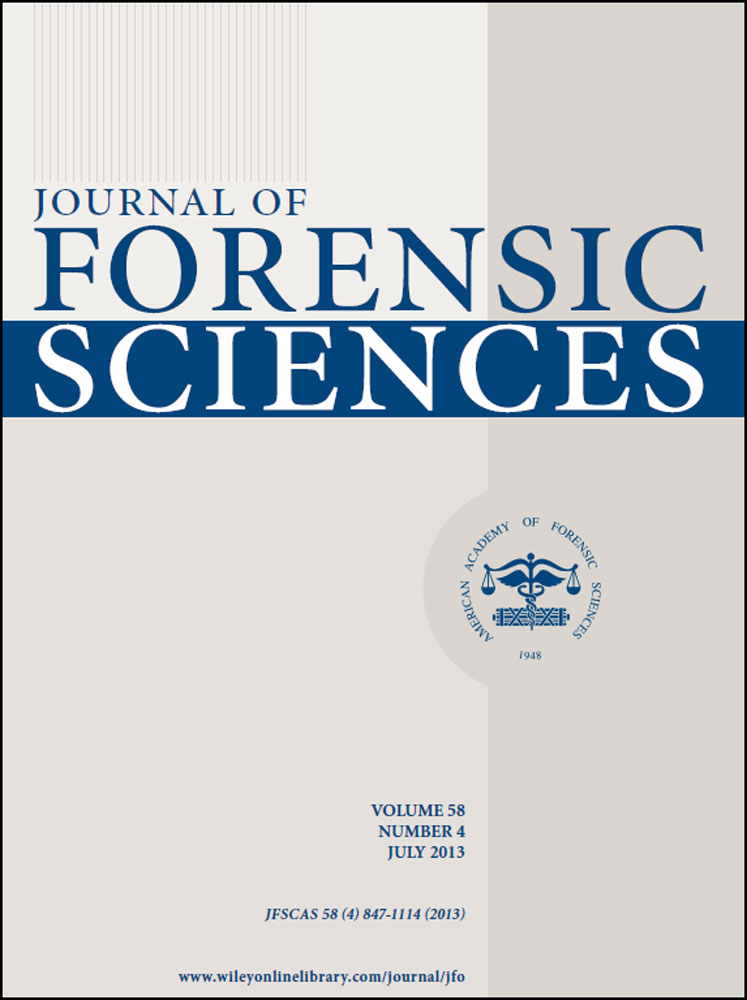Evolution of the Psychological Autopsy: Fifty Years of Experience at the Los Angeles County Chief Medical Examiner-Coroner's Office†
Abstract
The origin of the psychological autopsy was in the late 1950s and the result of a collaboration between the Los Angeles County Chief Medical Examiner-Coroner's Office and the Los Angeles Suicide Prevention Center. It was conceptualized as a thorough retrospective analysis of the decedent's state of mind and intention at the time of death. It was used initially in “equivocal” deaths where the manner of death was possibly either suicide or accident. Later, it was used in cases where a party (primarily family members) protested the Medical Examiner-Coroner's suicide determination. Over the past 25 years, the University of Southern California Institute of Psychiatry, Law, and Behavioral Science has served as the psychiatric/psychological consultants to the Coroner's Department. Research findings, the use of this approach in high-profile cases, and the most recent manner in which the psychological autopsy is conducted are discussed.




